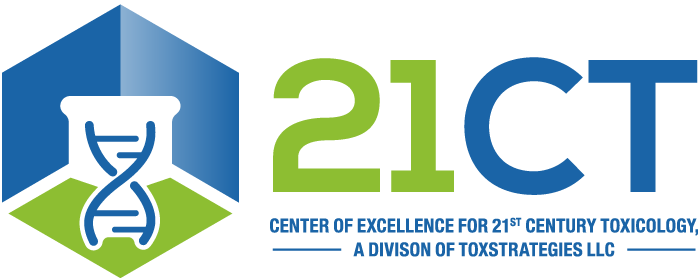Chappell GA, Britt JK, Borghoff, SJ. 2020. Systematic assessment of mechanistic data for FDA-certified food colors and neurodevelopmental processes. Food Chem Toxicol 140:111310 [open access].
Abstract
Seven US FDA-batch certified synthetic food colors are approved for use as food additives in the United States. Perceived neurodevelopmental concerns for these colors persist. This study assessed the plausibility of such an association through the evaluation of mechanistic evidence collected from in vitro assays or other alternative models. Mechanisms and molecular targets underlying neurodevelopmental processes associated with attention deficit and hyperactivity disorder (ADHD) and other neurodevelopmental-related symptoms (e.g., cognitive function, learning and memory disorder, etc.) were identified. Publicly available data from the ToxCast/Tox21 high-throughput screening (HTS) program and peer-reviewed literature that measure activity of the colors for such molecular targets were analyzed and reviewed. Erythrosine (Red No. 3) was active in several assays mapped to neurodevelopmental processes — specifically, HTS assays that measure signals in neurotransmitter pathways. The remaining six colors do not appear to alter signaling pathways related to neurodevelopmental processes on the molecular or cellular level. This assessment provides an approach for systematically identifying and mapping mechanistic data to putative neurodevelopmental processes as a means to prioritize substances for possible further investigation. The assessment also provides insights into the lack of activity of synthetic food colors for key events in neurodevelopmental signaling pathways.
